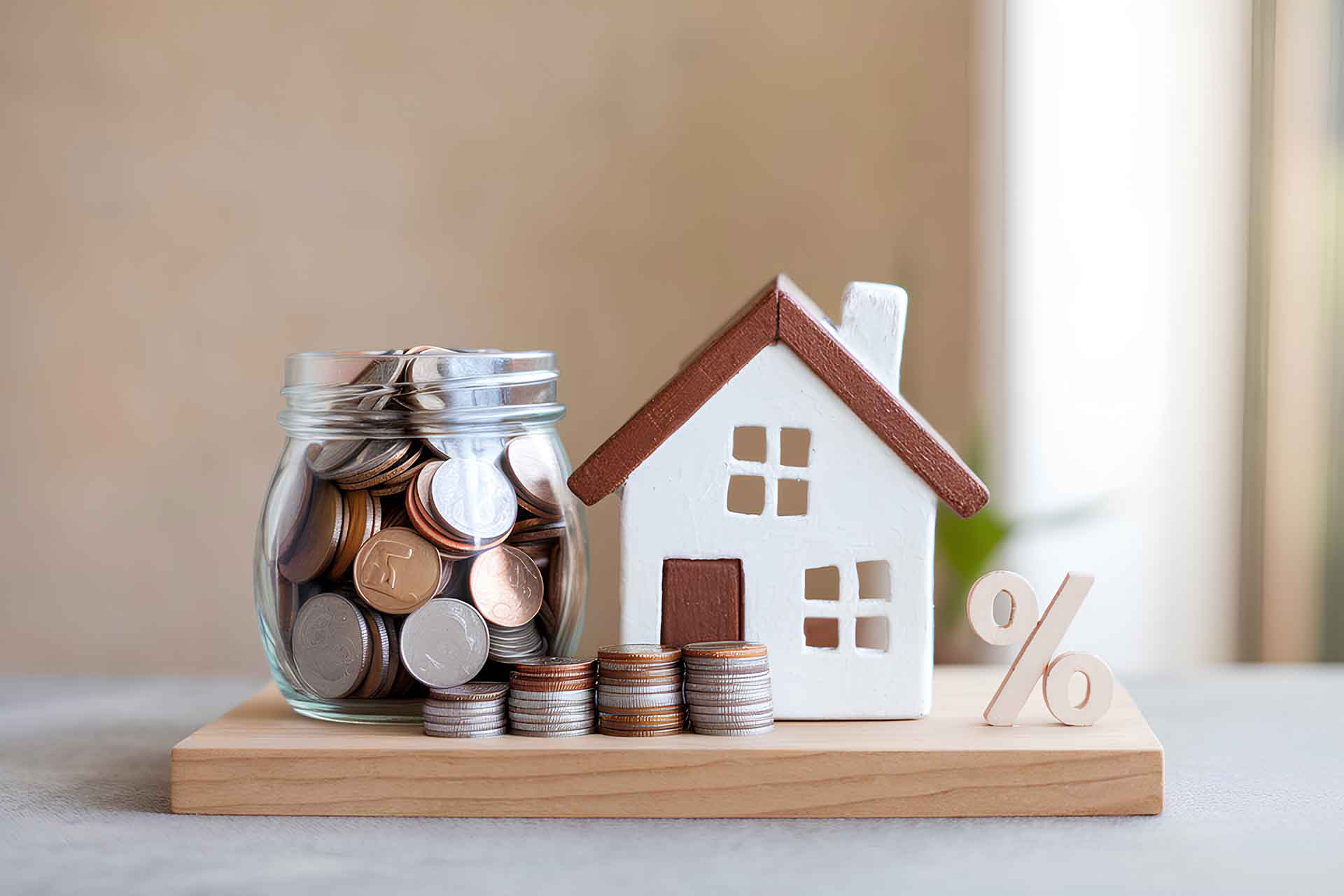Reverse Mortgages 101: Access Your Home’s Value Without Selling
Mar 5, 2025

This guide discusses how reverse mortgages work, their benefits, and potential drawbacks. It also provides tips for making informed decisions. Discover if this financial option is right for you and your loved ones.
What is a reverse mortgage and how does it work?
Reverse mortgages seem complex, but understanding their basics can help you decide if they're the right solution for you.
Breaking down the basics
A reverse mortgage is a loan designed for homeowners aged 62 or older, allowing them to convert part of their home equity into cash. It is the opposite of a traditional mortgage where homeowners make monthly payments to the lender. In this case, it's the owner that gets the money, and it doesn't have to be repaid until the owner sells the house, moves out permanently, or passes away.
For example, a 70-year-old homeowner with $300,000 in home equity could receive monthly payments to supplement their retirement income.
To quality, you must:
- own your home outright
- have significant equity
- live in the property as your primary residence
- meet specific financial and credit requirements
Types of reverse mortgages
- Home Equity Conversion Mortgage (HECM): The most common type backed by the Federal Housing Administration (FHA) offering flexibility in payment options.
- Proprietary Reverse Mortgage: This is a private loan for a higher-value home, providing access to a larger loan amount.
- Single-Purpose Reverse Mortgage: Offered by some state or local government agencies and nonprofits, this type of loan is typically for specific expenses like home repairs or property taxes.
Benefits of Reverse Mortgages
While reverse mortgages are not for everyone, they offer distinct advantages for seniors who qualify. This section highlights their primary benefits and how they can improve financial stability during retirement.
Financial stability without relocation
One of the greatest advantages of a reverse mortgage is the ability to access cash without selling your home or moving out. This can provide financial stability for retirees, especially those on fixed incomes.
Flexibility in payment options
Reverse mortgages offer multiple payout options, including a lump sum, monthly payments, a line of credit, or a combination of either. For example, if unexpected medical expenses arise, a line of credit can help cover costs without dipping into savings.
Non-recourse protection
Reverse mortgages include non-recourse clauses, ensuring that borrowers or their heirs won't owe more than the home's value during the repayment of the loan. This clause stands even if the loan balance exceeds the home's worth.

Potential Drawbacks To Consider
Although reverse mortgages can be helpful, they come with risks and responsibilities. Know its potential drawbacks to ensure complete understanding before proceeding.
Costs and fees
Reverse mortgages come with upfront costs, including origination fees, closing costs, and ongoing insurance premiums. These expenses can reduce the total amount available to borrow.
Tip: Compare lenders and loan terms to find the most cost-effective option.
Impact on heirs
Since a reverse mortgage reduces the home equity available, it may affect the inheritance left to heirs. Family members may need to sell the home to repay the loan if they cannot cover the balance.
Eligibility restrictions
To maintain the loan, borrowers must stay current on property taxes, homeowner's insurance, and necessary home maintenance. Failure to meet these obligations could result in foreclosure.
Tips for Making Informed Decisions
Choosing a reverse mortgage is a major financial decision that requires careful consideration. This section provides practical advice to help you navigate the process and make the best choice.
Consult a financial advisor or housing counselor
Seek guidance from an HUD-approved housing counselor or financial advisor. They can provide unbiased advice to help you understand the long-term implications of a reverse mortgage.
Compare multiple lenders
Request quotes from several lenders and review the terms carefully. Look for reputable institutions and ask questions about fees, payout options, and interest rates.
Bonus tip: Use online reverse mortgage calculators to estimate potential payouts based on your home's value, equity, and age.
Understand long-term implications
Consider whether staying in your home aligns with your plans. If you anticipate downsizing or moving, a reverse mortgage may not be the best option.
Bonus tip: Ensure you're comfortable maintaining the home and meeting the loan requirements over time.
Is a reverse mortgage right for you and your loved ones?
Reverse mortgages aren't a one-size-fits-all solution. Determining if they're right for you requires thoughtful reflection. Below are key questions to guide your decision-making process.
Questions to ask yourself
- Do you plan to stay in your home for the rest of your life?
- Can you afford to maintain property taxes, insurance, and upkeep?
- Are alternative financial options available, such as downsizing or home equity loan?
Carefully evaluating your situation and discussing your plans with family members can help ensure you make a decision that aligns with your goals.
Turn Your Home Into a Source of Financial Freedom
A reverse mortgage can be a powerful tool for seniors looking to supplement their income and enjoy financial stability in retirement. However, it's essential to weigh the pros and cons, look into alternatives, and seek expert advice before proceeding. You can unlock the value of your home while staying comfortably in it by making an informed decision.
Approach a reverse mortgage lender or an HUD-approved housing counselor if you are ready to explore your options. Take care of your financial future and make the most of your retirement years by taking that first step today.







